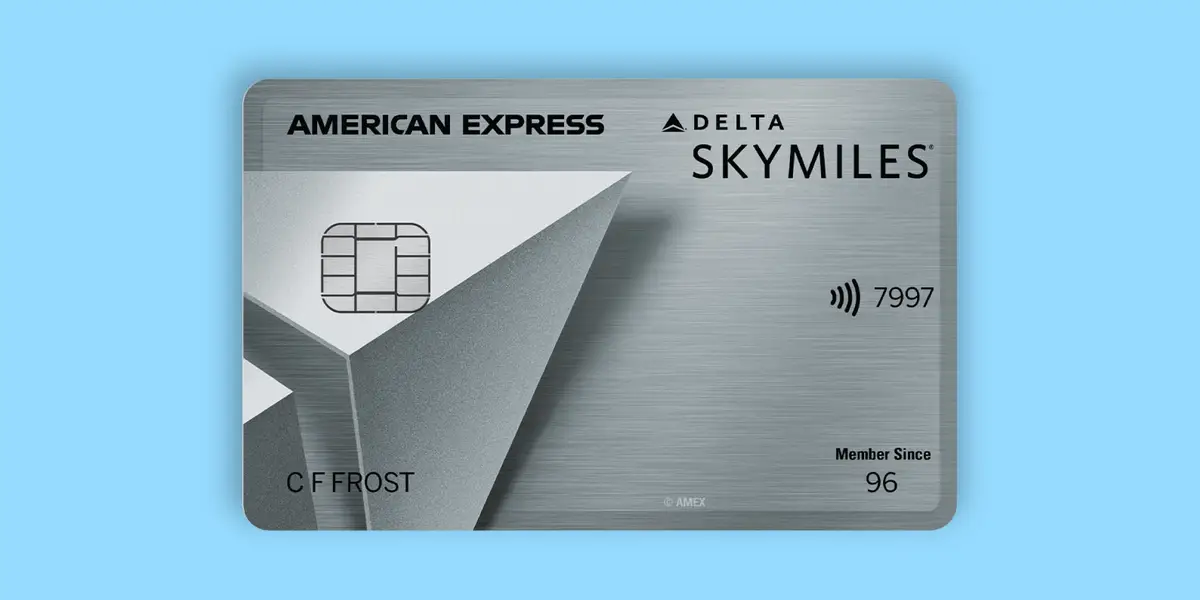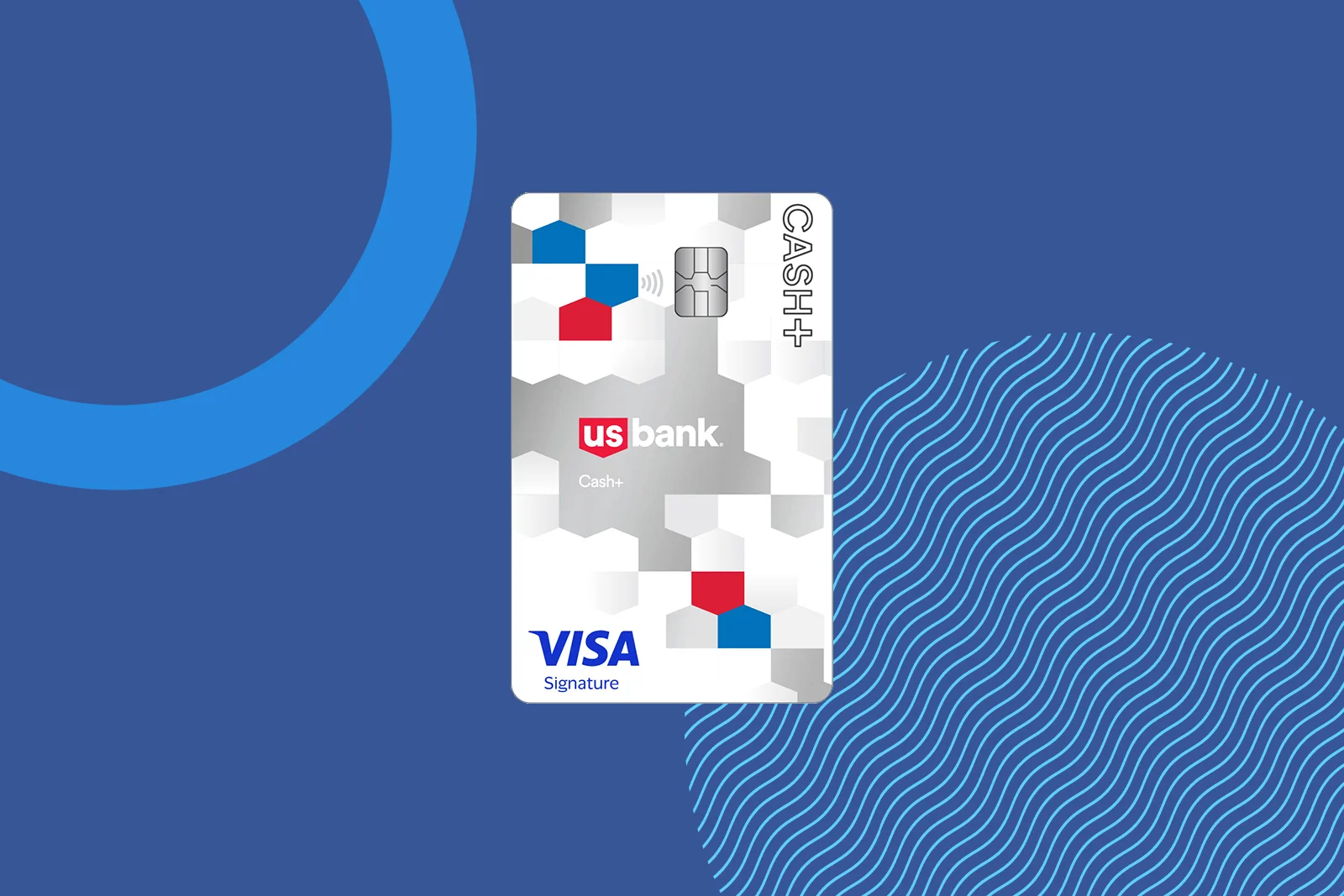How the Use of Credit Cards Can Influence Your Long-Term Credit Score

Understanding Credit Card Impact on Your Score
Credit cards can be powerful tools for managing finances. However, their usage extends far beyond convenience. How you handle credit cards can significantly shape your long-term credit score. A credit score, which ranges from 300 to 850, is a crucial indicator of your creditworthiness and can impact your ability to secure loans, rent an apartment, or even get certain jobs.
Here are some key aspects to consider:
- Payment history: One of the most critical factors influencing your credit score is your payment history. This aspect accounts for approximately 35% of your score. When you make timely payments on your credit card, you build a positive credit history. For example, if you owe $100 and pay it on time every month, you reinforce your reliability as a borrower. Conversely, missing just one payment can adversely affect your score for years, making it essential to prioritize on-time payments.
- Credit utilization ratio: Your credit utilization ratio refers to the percentage of your credit limit that you are using at any given time. Keeping your usage below 30% demonstrates responsible credit management. For instance, if your credit limit is $1,000, aim to keep your balance under $300. If you frequently exceed this threshold, it may signal to lenders that you are over-relying on credit, which could lower your score. Maintaining a lower utilization ratio not only safeguards your credit score but also demonstrates sound fiscal habits.
- Length of credit history: The age of your credit accounts plays a significant role in your credit score. Older accounts can contribute positively, as they showcase a robust history of managing credit responsibly. If you have a credit card that you opened back in college, keeping that account active—even if you’re not using it frequently—can help to boost your score. Aim to maintain your oldest credit account and avoid closing it, as this can shorten your overall credit history.
Having a solid understanding of these factors allows you to make informed decisions about your credit card usage. Even small habits can have lasting effects. For example, setting up automatic payments can help ensure you never miss a due date, while regularly checking your credit utilization can motivate you to pay down balances promptly.
This article will guide you through the nuances of credit card usage and its impact on your long-term credit score, ensuring you are equipped to foster a healthy financial future. With the knowledge you gain here, you can make choices that promote not only better scores but also greater financial stability.
DISCOVER MORE: Click here to learn how to apply
Understanding Credit Card Management
Understanding how credit cards can affect your long-term credit score is crucial for your financial health. It not only involves the fundamental principles of credit but also requires a comprehensive approach to managing various credit practices that can significantly impact your score, both positively and negatively.
- Types of credit: Lenders appreciate a varied mix of credit types because it showcases your ability to manage different financial obligations. This includes both revolving credit, such as credit cards, and installment loans, like mortgages or auto loans. For instance, if all you have are credit cards, consider responsibly diversifying your credit portfolio over time. Acquiring a small personal loan or an auto loan—provided you can afford the payments—can help balance your credit mix. This versatility often signals to lenders that you are a well-rounded borrower.
- New credit inquiries: When you apply for a new credit card, lenders typically perform a hard inquiry on your credit report, which can lead to a temporary dip in your score. It’s wise to limit the number of applications you submit within a brief period. For example, if you apply for three credit cards in one month, it might suggest financial distress to potential lenders. Instead, spread out your applications. Planning and spacing them out gives you a better chance to maintain a strong credit score, as well as time to improve your financial standing before taking on new credit.
- Closing accounts: While it may seem like a good idea to close unused credit card accounts, doing so can harm your credit score in several ways. Closing an account directly reduces your total available credit, which can lead to a higher credit utilization ratio if you carry balances on other accounts. This ratio—the amount of credit you’re using compared to your limits—is a key factor in your score. Therefore, it is essential to think cautiously before closing any accounts, particularly older ones that contribute positively to the length of your credit history.
Effectively managing these factors involves a proactive and thoughtful approach. For instance, if you’re contemplating applying for a new credit card, first evaluate your existing accounts. Assess your credit utilization ratio and ensure that you are making timely payments. This self-assessment not only prepares you for a new credit application but also allows you to understand your current standing in the credit system, which can empower you to make informed financial decisions.
Understanding and managing your credit score is not an overnight endeavor; it is a long-term commitment. Regularly monitoring your credit, making responsible spending choices, and grasping the nuances of credit management will significantly contribute to your overall financial well-being. By adopting these best practices, you are setting yourself up for potential financial opportunities, such as obtaining favorable loan terms or acquiring a mortgage with lower interest rates in the future.
Ultimately, a strong credit score acts as a stepping stone towards economic success, so invest your time and effort in mastering credit card management. With patience and diligence, you can achieve financial goals that reflect your smart credit decisions.
DON’T MISS: Click here to learn more
The Importance of Payment History
One of the most critical factors influencing your long-term credit score is your payment history. This aspect accounts for about 35% of your FICO score, making it the single largest contributor. Simply put, lenders want to see that you can reliably pay back the money you borrow. Therefore, making timely payments on your credit cards is essential.
- Automatic payments: Setting up automatic payments for at least the minimum amount due on your credit card bills can help ensure you never miss a payment. This is especially useful for those who may forget due dates. By enrolling in automatic payments, you can maintain a strong payment history without constant reminders. However, do make sure that you maintain sufficient funds in your account to avoid overdraft fees!
- Handling missed payments: In the event you miss a payment, it is crucial to act quickly. If you realize you’ve missed a due date, try to make the payment as soon as possible, ideally within 30 days. While a late payment can stay on your credit report for up to seven years, making a payment quickly—and consistently afterward—can limit the damage to your score.
The Role of Credit Utilization
Another core element in determining your credit score is your credit utilization ratio, which measures the amount of credit you are using versus the total credit available to you. Ideally, you should aim to keep this ratio below 30%. This means if you have a total credit limit of $10,000 across all your credit cards, you should carry a balance of no more than $3,000 at any time. Keeping your utilization low can positively influence your credit score over the long term.
- Prudent spending: Consider using your credit card for essential purchases only, and pay them off in full each month. This responsible behavior not only helps keep your utilization ratio in check but also builds a strong payment history.
- Increasing credit limits: If you can demonstrate consistent on-time payments, consider requesting a credit limit increase. A higher credit limit can reduce your utilization ratio, provided your spending habits remain the same. Just be cautious not to increase spending alongside the limit, as this could negate the positive effects.
Length of Credit History
The length of your credit history also plays an important role in your credit score and can influence your long-term credit health. This factor accounts for around 15% of your score. Maintaining older accounts can benefit you significantly.
- Keep older accounts open: Even if you’re not using a particular credit card anymore, keeping it open (and in good standing) can positively impact your credit score. Older accounts lend credibility to your credit history and show lenders that you have experience managing credit responsibly.
- Building a timeline: Each time you open a new credit account, your average account age decreases, which can negatively affect your score. Therefore, think carefully about when to apply for new credit. Consider how it will impact your existing credit history and your overall credit profile.
By honing in on these core areas—payment history, credit utilization, and credit history length—credit card users can effectively manage their scores over time. Understanding and implementing these principles will not only help you maintain a healthy credit score but will also prepare you for future financial opportunities, such as competitive mortgage rates or favorable loan terms. Awareness and continuous improvement in these aspects of your credit use can lead to long-term financial success and stability.
DISCOVER MORE: Click here for essential budgeting tips
Conclusion
In summary, the use of credit cards can significantly impact your long-term credit score, making it essential to understand the key factors involved in this process. Your payment history constitutes the largest component of your score, emphasizing the importance of making timely payments. Implementing tools like automatic payments can assist in establishing reliable habits that lead to a positive credit history.
Furthermore, maintaining an appropriate credit utilization ratio is critical. Keeping your spending below 30% of your total credit limit not only shows responsible credit management but also helps bolster your score. Balancing your credit cards with strategic spending and timely repayments can ignite a positive trajectory for your credit profile.
Finally, the length of your credit history plays an important role as well. Keeping older accounts open and actively managed can lend credibility to your creditworthiness. It’s vital to weigh the long-term implications when acquiring new credit, as this can dilute your average account age.
By practicing prudent credit card management, individuals can cultivate a strong credit score, resulting in favorable loan terms and financial opportunities in the future. With awareness, responsible usage, and strategic planning, anyone can improve their credit standing, ensuring financial stability for life’s major milestones, whether it’s buying a home or securing that dream car.


